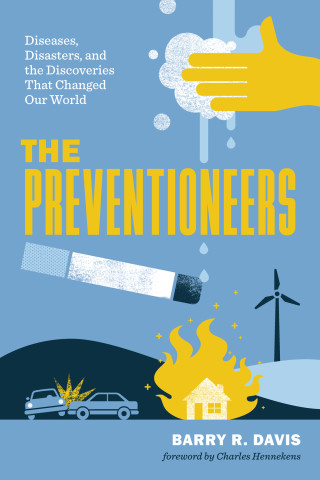
Reviews
Historically, Hot Springs is known for visits by famous gangsters and baseball players, but the town's history of being a nationwide destination for syphilitics seeking hydrotherapy is uncovered in historian Elliott Bowen's book In Search of Sexual Health: Diagnosing and Treating Syphilis in Hot Springs, Arkansas, 1890-1940.
Bowen contributes important insight into the course of medical tourism in the United States, developments in medical understandings of the "venereal peril," transitions in the concept of syphilis as a moral or medical condition, recognition of the chronic and late-stage complications of the disease, and the experience of ethnic and gender discrimination among syphilis patients in a southern treatment center.
Elliott Bowen elegantly and concisely uses the history of Hot Springs, Arkansas, to reveal tensions over federal institutions and authority, the continued role of patient histories even in an era of laboratory testing, and the sharp racism that shaped white practitioners' responses to their patients and to African American doctors. This readable and well-organized book will be of great use to historians of medicine, environmental historians, and all those interested in how place and race have shaped the experience of sickness in America.
Bowen has chosen a fresh context in which to examine doctors, patients, and disease identity. By looking at these variables configured in the Hot Springs story, he has chosen to also examine notions of race and gender, as well as aspects of health policy. This solidly researched book illuminates the lived experience of a segment of patients in (mostly) early twentieth-century America.
In Search of Sexual Health is a vital addition to the history of sexual health in the United States. It pushes beyond traditional narratives of sin and stigma, offering a nuanced study of the experiences of VD sufferers, their determined search for effective treatments, and the personal relationships that shaped their care.
Bowen decenters our understanding of the cultural/medical response to syphilis by exploring the importance of local patients, doctors, and communities in seeking health cures. A well-written, sophisticated, and important historical contribution that redeploys our attention outward from the local to tell a critical national story. I would teach this book in a heartbeat.
Skillfully blending attentive scholarship with compassionate prose, Bowen guides readers on an unforgettable journey. This wonderful book foregrounds considerations of race, place, class, and gender to uncover the wide-ranging experiences of everyday men and women—and their doctors, healers, and care attendants—grappling with sexually transmitted infections in the pre-penicillin era.
Book Details
List of Figures
Acknowledgments
Introduction
1. The Emergence of Hot Springs as a Haven for the American Syphilitic, 1880-1910
2. "Administering to Minds Diseased": Treating Syphilis in Turn-of-the
List of Figures
Acknowledgments
Introduction
1. The Emergence of Hot Springs as a Haven for the American Syphilitic, 1880-1910
2. "Administering to Minds Diseased": Treating Syphilis in Turn-of-the-Century Hot Springs
3. Diagnosing Syphilis at Army and Navy General Hospital, 1890-1912
4. The Hot Springs VD Clinic, 1920-1937
5. From Hygiene to Hydrotherapy: Private Practitioners in Hot Springs, 1910-1940
Epilogue
Notes
Index





